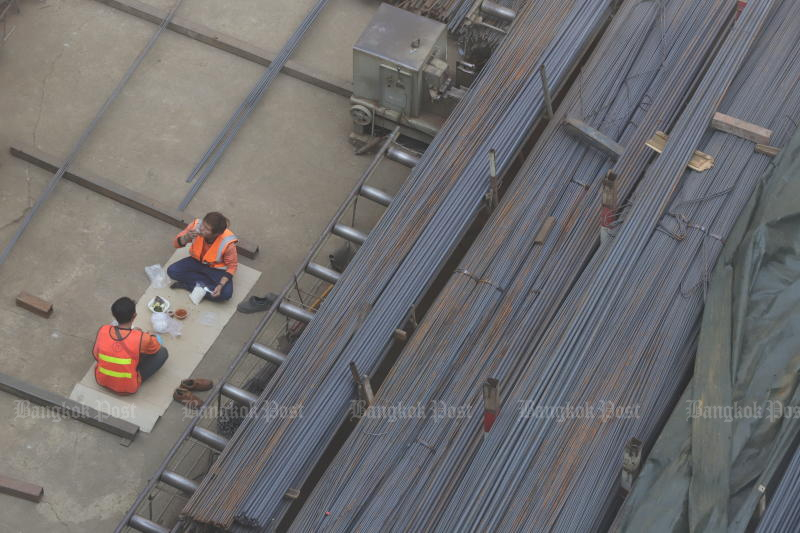
There must be no shortage of consumer goods or blackouts, and consumer prices must not rise too high, said Prime Minister Prayut Chan-o-cha as the government moves to tame inflation.
The prime minister said on Tuesday that he instructed ministers at the weekly cabinet meeting on Tuesday to control inflation despite the challenges involved given the Russia-Ukraine conflict. The war, which shows no sign of ending soon, is sending energy prices on an upward spiral.
Consumer prices have shot up, with petrol, gas, fertilisers and animal feed among those showing the biggest impact.
The prime minister pledged to come up with measures to cushion the inflationary effects on consumers but said they must be devised carefully in light of budgetary constraints.
He said the government is already pouring money into various economic revitalisation projects.
He expressed deep concern about farmers, who are particularly prone to price hikes. If rising inflation undermines their capacity to produce, it would adversely impact the supply chain and further push up prices of consumer goods, he said.
Gen Prayut insisted the prices of 18 controlled consumer and basic goods must remain capped.
They include instant noodles, fresh meat, canned foods, packed rice, cooking oil, condiments, milk, electrical appliances, fertilisers and cement.
"What's important is no consumer goods must run short, there must be no power outages and the prices of the 18 controlled goods must not change," he said.
Many state agencies have started rolling out assistance programmes for people falling behind on their mortgages and car loans through debt negotiation.







